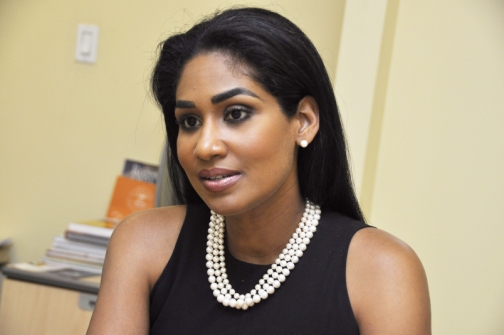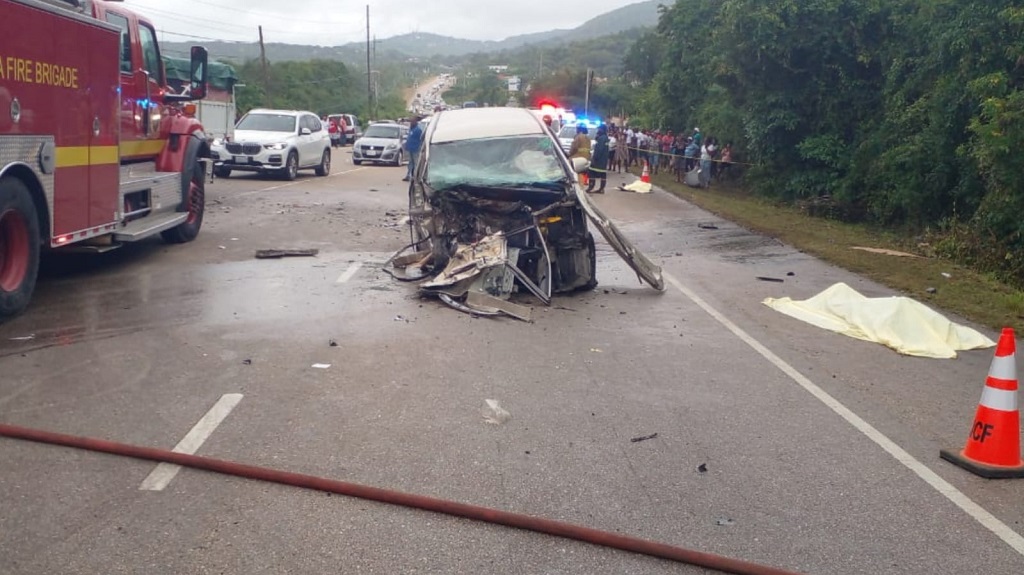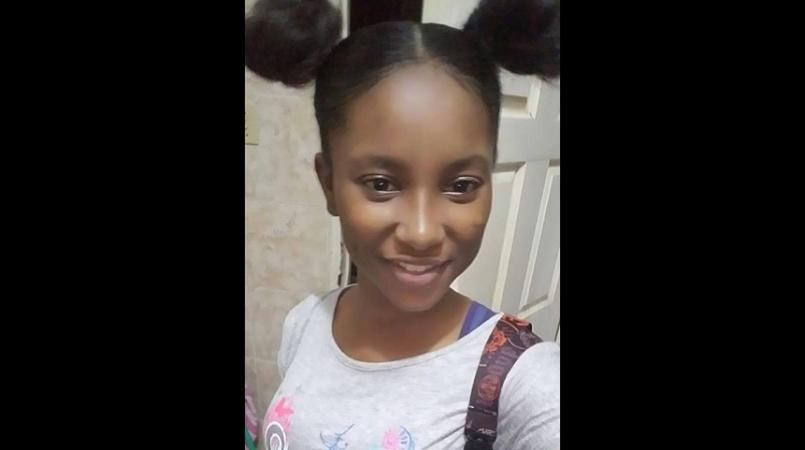Calls to ban dancehall music appear to be a tale as old as time itself.
When it is not Vybz Kartel for being behind bars, it has been other artistes for other reasons.
But, for us, the question of whether dancehall songs with harsher themes promote violence or merely speak to the existence of violence, is much like the question of who came first: the chicken or the egg.
It is a question of mere academic significance, when practically the issue goes deeper.
Firstly, violence in Jamaica is a real problem which requires real solutions, and it is every right-thinking Jamaican’s duty to play a part in tackling our ugly crime monster. Far more significant issues include: recruitment to the police force from a student pool which was far from the academic best and brightest, ‘informer fi dead’ culture, and politically aligned gangs.
Secondly, even those of us that aren’t too fond of Vybz Kartel, Alkaline, et al must recognise that finding scapegoats won’t address the issue in any significant way. After all, the root of the problem isn’t to be found in what we can or can’t listen to on local radio or even search on YouTube. Surely we all recognise that crime has existed before dancehall music’s advent, and that listening to dancehall music doesn’t, without more, make anyone a criminal.
We applaud Prime Minister Andrew Holness’s initiative to engage dancehall entertainers with a view to forging partnership and charting the way forward. It is true that more can be done by our country’s influencers to preach peace and encourage everyone to work daily in big and small ways to build the Jamaica we want to see. But that said, banning any specific artiste or restricting the artistic expression of an entire genre of music will only serve to anger and further alienate many. One has to ask what the real difference is between violent lyrics from someone behind bars and someone who has never even had interaction with the law.
One may choose, for their own reason(s) to abstain from listening to dancehall music but one cannot reasonably expect that to attack, in any real way, a genre that recognises the realities so many Jamaicans face daily, is not on par with attacking those Jamaicans themselves by invalidating their lives and circumstances.
Now, that is not to say that one is not allowed to critically assess dancehall music and its culture and find it lacking. Understandably, while we recognise creative licence, we also know that, with violence and aggression as some of the more major themes in dancehall, we are in danger of either glorifying or normalising social ills. But these elements are negligible in the multiplicity of causes of crime.
Indeed, if people did not have dancehall music, stress and anger levels may be even higher than they currently are.
Before we devolve yet another battle of uptown versus downtown, teenAGE hopes this time around we really get around to addressing the things that truly matter.










